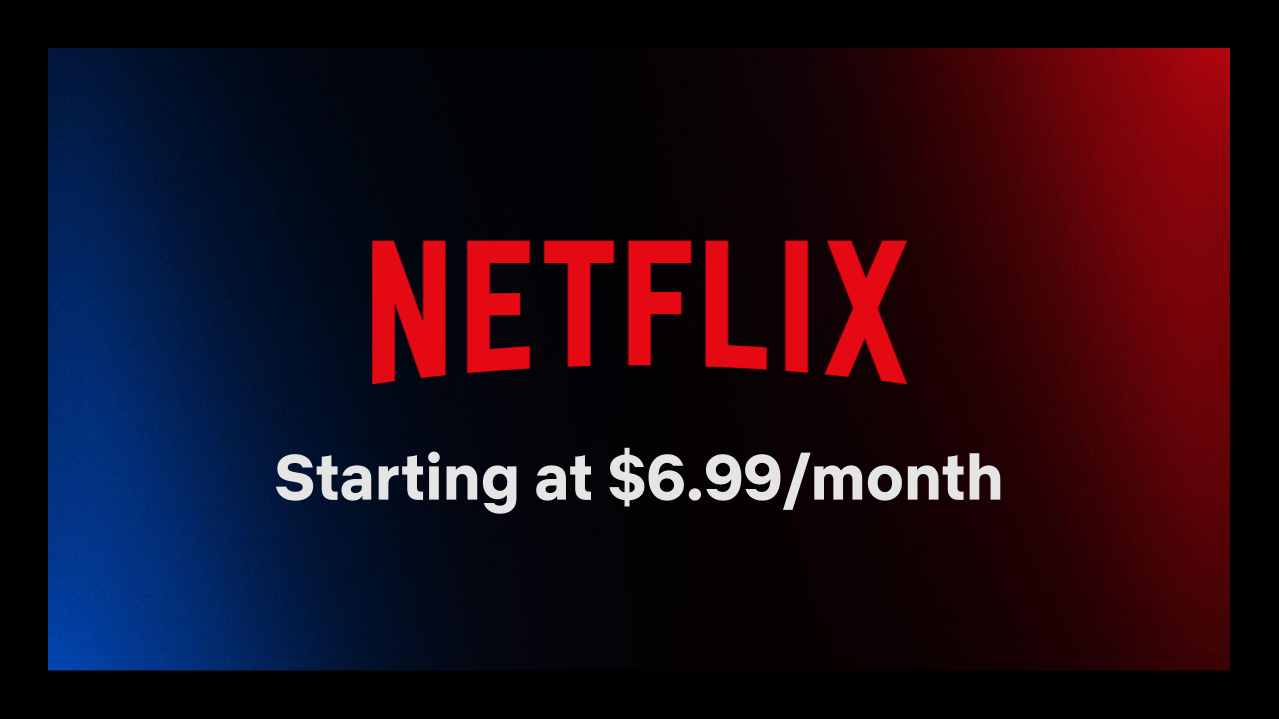Netflix Basic with Ads plan is now available: Everything you need to know
Netflix’s Basic with Ads subscription plan launched in several markets on Thursday. The new plan will allow Netflix subscribers to switch to or sign up for a more affordable membership. Priced at $6.99 per month in the US, Basic with Ads won’t offer a complete Netflix experience at launch, however.
The streamer is still negotiating content licensing deals with plenty of big-name studios. The current agreements do not apply to the ad tier. Still, at $6.99 per month, this is the cheapest Netflix experience you can get, assuming you live in one of the markets where the service is now available. It works even better if you’re into Netflix originals as opposed to shows and movies that have been licensed from other studios.
Where is Netflix Basic with Ads available?
Netflix has been struggling with user growth in the current economy. The Basic with Ads plan might help the company convert more users in key markets where growth has stalled. That’s probably why the subscription tier isn’t available worldwide at this time. Also, Netflix might need more publishers for localized ads before expanding to more countries.
Initially, Basic with Ads will be available in nine new countries. Starting at 9:00 AM PT on Thursday, Netflix’s cheaper new subscription plan will go live in the US, UK, Australia, Japan, Brazil, France, Germany, Italy, and South Korea.
Per Deadline, Netflix Canada already rolled out the plan, with Mexico and Spain to follow on November 10th.

How much does it cost?
Basic with Ads will be Netflix’s cheapest plan, regardless of the market. It’ll cost $6.99 in the US, or $1 less than Disney’s upcoming Disney Plus with ads.
The pricing structure will be similar in other markets, with the Basic with Ads being the most affordable Netflix subscription option in those countries.
How many ads will Netflix users have to watch?
Basic with Ads subscribers might save money with this subscription. But Netflix will want to make up for that with commercials. The plan will feature four to five minutes of ads per hour, which seems reasonable. The ads will interrupt both TV series and movies.
Moreover, Deadline explains that feature films like the Netflix original Knives Out 2 will come with a pre-roll of spots. The movie will then play without interruption.
“We’ll try to preserve that sort of cinematic model there,” Netflix chief operating officer and product chief Greg Peters told Deadline.
But movies that have been on the service for a while will have a more “traditional” combination of pre-roll and mid-roll ads. Thankfully, the breaks will be less frequent.
As for the quality of the ads that Netflix will show, Deadline notes that Basic with Ads will offer a “typical mix of beer, cars, fast-casual restaurants, travel, and consumer packaged goods.” You won’t see political ads or commercials for guns, smoking, or other products that Netflix deems illegitimate.

Content isn’t the biggest problem with Netflix’s Basic with Ads
The ad-based tier will not feature the same content library as the other plans. That’s something we already expected and something that should improve in the future.
But Netflix’s Basic with Ads will have several limitations that users might find to be even bigger drawbacks.
The cheap plan will only support HD (720p) streaming rather than the Full HD or 4K support, which other plans get. Also, Basic with Ads only includes one stream, so families might not necessarily like this experience.
Finally, Basic with Ads does not support downloads on mobile devices. That’s a great Netflix feature to have, as it lets you download content for later when you don’t have a Wi-Fi internet connection.
Of course, without the internet, Netflix can’t serve ads, which defeats the purpose of Basic with Ads. So that’s likely why the plan doesn’t support downloads.
More Netflix coverage: For more Netflix news, check out our coverage of the latest new Netflix movies and series to watch.
For all the latest Technology News Click Here
For the latest news and updates, follow us on Google News.
